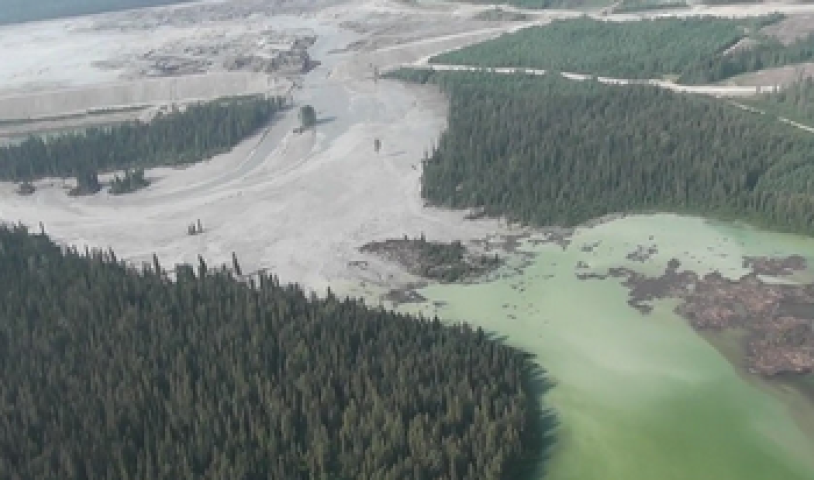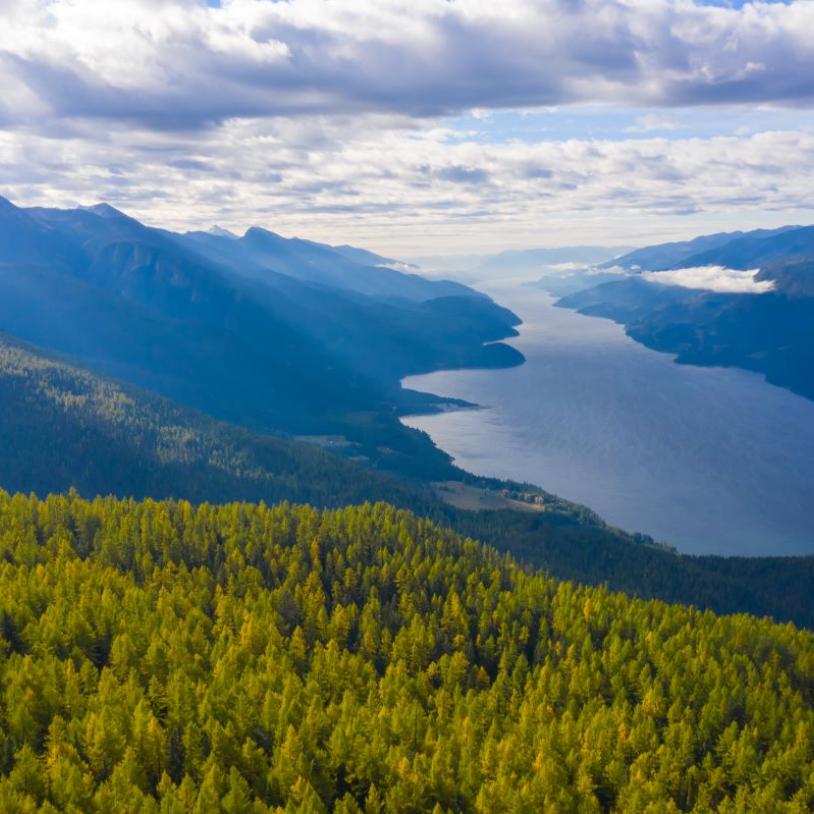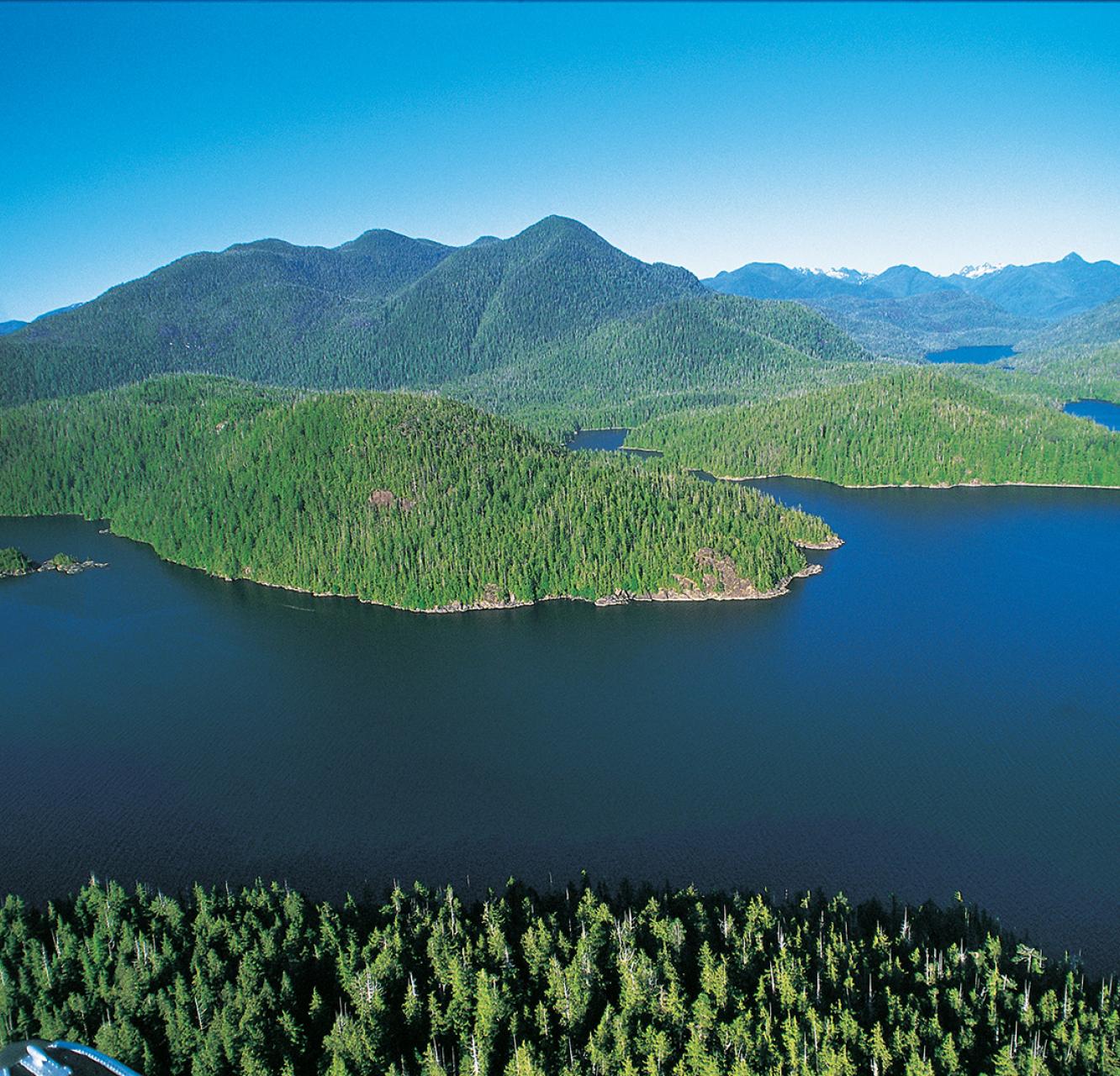Tailings pond fallout fuels anti‑mining sentiment
Tuesday, August 26, 2014
More bands challenging expansion plans for B.C.’s top employer of aboriginal workers
Even before the collapse of a tailings pond at the Mount Polley mine earlier this month, relations between mining companies and First Nations in B.C. were often strained.
The Taku River Tlingit, for example, are opposed to the Tulsequah mine near Atlin. The mine suffered a setback last month when the BC Supreme Court ruled the B.C. government had breached its duty to consult the First Nation when it extended a mines permit.
Anti-mining sentiment has been growing within some First Nations communities in the wake of the August 4 Mount Polley disaster. Imperial Metals (TSX:III), which owns the mine, has taken the brunt of it.
Two weeks ago, the Neskonlith Indian Band issued an eviction notice to Imperial Metals, saying it doesn't want the company doing any more work on its Ruddock Creek property north of Adams Lake, where Imperial plans to build an underground zinc-lead mine. And while the Tahltan First Nation is officially still talking with Imperial about an economic benefits agreement on the new Red Chris mine, a handful of Tahltan elders and activists called the Klabona Keepers have blockaded access to Imperial's new flagship property. They have even launched an Indiegogo crowdfunding campaign to raise money to help finance the blockade.
Just last week, the Esdilagh First Nation or Alexandria Indian Band, which belongs to the Tsilhqot'in First Nation, withdrew from an economic benefits agreement on the Gibraltar mine, which is being expanded.
Even the Skii km Lax Ha, which has a good working relationship with Pretium Resources Inc. (TSX:PVG) on the Brucejack underground mine proposal, now has reservations about another mine 15 kilometres away from Brucejack: the KSM copper-gold mine that Seabridge Gold Inc. (TSX:SEA) wants to build.
“We were close to signing an [agreement] with the KSM project with Seabridge, and because of this breach on the tailings pond, I'm hesitant,” said Skii km Lax Ha hereditary chief Darlene Simpson. “It's going to take a lot more work to get me to sign, to give me comfort that this [a tailings pond breach] isn't going to happen in the north.”
Mining Association of BC president Karina Briño said mining is the largest employer of aboriginal people in B.C., so there is rank-and-file support for mining in many First Nations communities.
But the industry has some work ahead of it to restore confidence and hopes a formal investigation launched by the B.C. government into what caused the Mount Polley tailings pond collapse will help.
At least one First Nations leader says the B.C. government must share some of the blame for poor relations between First Nations and mining.
Tsilhqot'in Chief Joe Alphonse points to the B.C. government's support for the New Prosperity mine that Taseko Mines Ltd. (TSX:TKO) wants to build in an area where the Tsilhqot'in have hunting and trapping rights (but not title). The B.C. Environmental Assessment Office approved the mine; the Canadian Environmental Assessment Agency rejected it twice.
Now one of the bands within the Tsilhqot'in tribal group, the Esdilagh, is refusing to sign an Economic and Community Development Agreement (ECDA) related to an expansion of Taseko's Gibraltar mine.
These are revenue-sharing agreements signed between the province and First Nations on new mines or mine expansions.
Just three days before the Mount Polley breach, Anne Louie, chief of the Williams Lake Indian Band, told the Williams Lake Tribune that the first ECDA instalment on Mount Polley was just $4,500. The band had been expecting $400,000.
Alphonse said the government will have to sweeten the pot if it expects it to sign an ECDA on the Gibraltar mine.
“At this phase, it won't stop the mine from proceeding,” Alphonse said. “But at some point, the mine will probably get a legal challenge.”
Mining companies need to take those kinds of warnings seriously, said David Rosenberg, the lawyer who represented the Tsilhqot'in in the recent landmark case in which the Supreme Court of Canada affirmed Tsilhqot'in title.
“If I were advising a mining company that was proposing a project in British Columbia on land that was subject to a claim of aboriginal title, I would want to specifically advise that a project can later be cancelled, if the project begins without the consent of a First Nation claiming aboriginal title, if and when title is subsequently established,” he said. “In other words, it would be prudent from both a legal perspective and for business purposes for a company that wants to build a new mine in British Columbia to insist that the government has obtained appropriate consent from First Nations before the project gets underway.”





